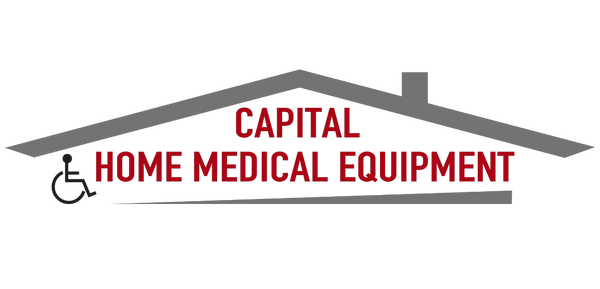Snoring: it’s the nighttime symphony that can turn sweet dreams into a cacophony of annoyance. But when does a simple snore escalate into a serious sleep disorder? Let’s dive into the world of sleep apnea and sleep disordered breathing.
Snoring vs. Sleep Apnea: What’s the Difference?
Snoring is the pesky noise made when your throat muscles relax and vibrate during sleep. It can be loud, annoying, and even embarrassing. It can be harmless, but majority of the time it creates resistance to airflow affecting oxygenation and can lead to respiratory effort related arousals, lessening the quality of sleep and therefore affecting overall health. However, while snoring can be a symptom of sleep apnea and sleep disordered breathing, not everyone who snores has it.
When talking about Sleep apnea, it is important to understand we are looking for Sleep Disordered Breathing, which can occur without a full "Apneic" episode. It is also worth noting patients will get subjectively affected differently regardless of Mild, Moderate or Severe levels. However severe levels of OSA are known to have greater health consequences if left untreated.
Unmasking the Symptoms of Sleep Apnea
Recognizing the signs of Sleep Disordered Breathing is crucial for seeking timely treatment. Here are some common symptoms:
- Loud snoring: A classic sign, but remember, not all snorers have sleep apnea.
- Breathing pauses: This is a hallmark of sleep apnea and often noticed by a bed partner.
- Gasping or choking: These can occur when breathing restarts after a pause.
- Excessive daytime sleepiness: Feeling tired even after a full night’s sleep is a red flag.
- Morning headaches: Waking up with a pounding headache is another potential symptom. These headaches typically go away 30 minutes to 1 hour after waking up.
- Difficulty concentrating: Sleep apnea can affect cognitive function.
- Mood swings: Irritability and mood changes can be linked to sleep apnea.
- Dry mouth or sore throat: These symptoms often occur upon waking.
- Restless sleep: Frequent awakenings or feeling like you’re not getting quality sleep.
- Impotence & Decreased Libido: Erectile dysfunction can be directly related to sleep apnea as it has direct effects on the heart and overall health.
- Hypertension: Have high blood pressure and snore? Testing is highly suggested
- Atrial Fibrillation: undoubtly directly related to Sleep Apnea. did you know A-Fib recurrences decrease by over 50% when Sleep Apnea is treated?
Sleep Apnea: More Than Just Snoring
Sleep apnea and sleep disordered breathing is no laughing matter. It has far-reaching consequences for your overall health and is one of the leading underdiagnosed illnesses present affecting millions.
Hypertension: Sleep apnea can elevate blood pressure by triggering the body's stress response and causing inflammation.
Diabetes: Disrupted sleep can interfere with insulin regulation, increasing the risk of developing type 2 diabetes.
Heart Issues: The chronic stress on the cardiovascular system can lead to heart attacks, strokes, and heart failure.
Uncover the Truth with Home Sleep Testing
If you suspect you might have sleep apnea, don't let it steal your peace of mind. Capital Home Medical Equipment offers convenient and fast home sleep testing to help diagnose sleep apnea in the comfort of your own home.
Our online booking system makes it easy to schedule your test at a time that suits you. No more disruptions to your daily routine. Whether you are in Ottawa or Victoria BC, we assist patients nation wide!
Don't let sleep apnea control your life. Take the first step towards better sleep and overall health. Contact Capital Home Medical Equipment today to book your home sleep test.
Your restful nights start here.
By understanding the signs and symptoms of sleep apnea and taking action, you can reclaim your nights and improve your overall well-being.
Sweet dreams!
Rafael Mendonca, RRT Manager


